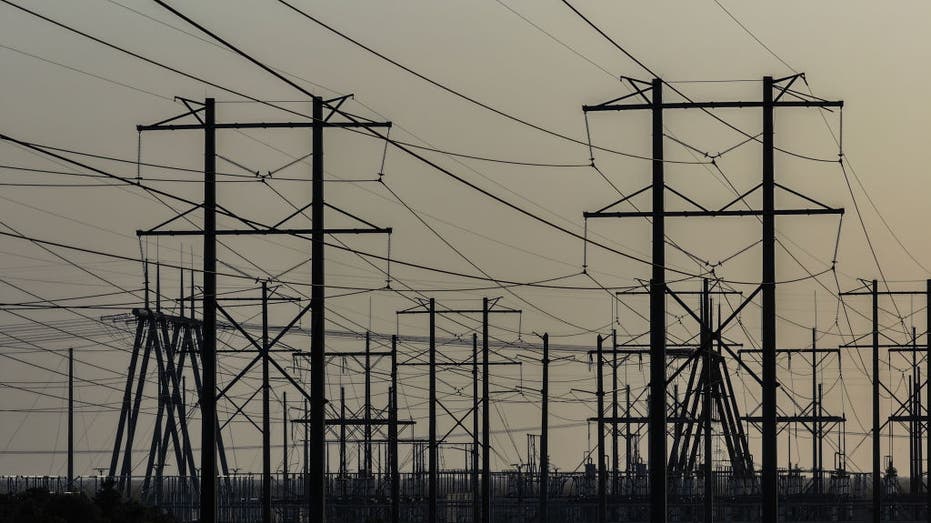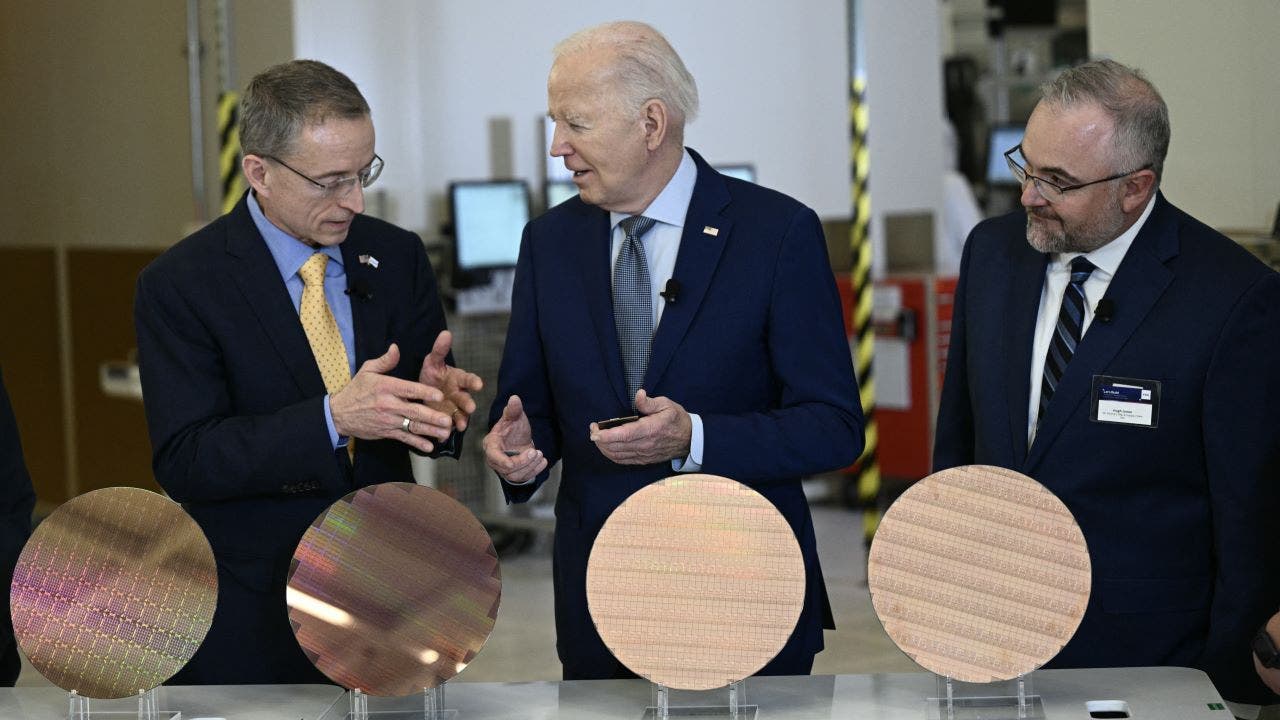Five Democratic governors are calling on the nation’s largest grid operator, PJM Interconnection, to change the process it uses to determine the price paid to power plants after record-high prices were awarded in its last auction.
In a joint letter to PJM last week, Govs. John Carney of Delaware, J.B. Pritzker of Illinois, Josh Shapiro of Pennsylvania, Wes Moore of Maryland and Phil Murphy of New Jersey urged the grid operator to take urgent action after its most recent capacity auction in July for 2025 and 2026 saw prices that were 833% higher than the previous year, citing dwindling supply and increased demand.
The governors said the capacity auction results will cost homes and businesses in the 13 states and the District of Columbia that are served by PJM $14.7 billion.
“Urgent action is needed to prevent customers from paying billions more than is necessary,” the group said.
NEW MEXICO IS FUELING AMERICA’S DOMESTIC OIL PRODUCTION AND MARKING MILESTONES
The governors asked PJM to increase the number of power plants in its auction to increase available supply calculations used to determine prices, encourage more renewable power generation and lower the capacity price cap, among other requests.

The prices raised concerns about swelling power bills for everyday homes and businesses in the grid operator’s territory, and led environmental groups – including the Sierra Club, Earthjustice, and the Natural Resources Defense Council – to file a complaint against PJM’s process to determine its prices.
‘MASSIVE’ AMOUNT OF LITHIUM FOUND UNDER CALIFORNIA’S SALTON SEA
PJM has asked regulators to delay its 2026/27 auction by about six months to address the complaint against it. The group of governors said they supported the delay.
The grid operator said it had continuously warned that government policy measures aimed at shifting away from fossil-fired power generation, before adding new clean electricity generation, could result in a supply crunch.

“Our state leaders are critical voices and we appreciate their input as we work to balance the need for an investment signal for new generation with the need to keep prices affordable for consumers,” PJM spokesman Jeff Shields said in an email to Reuters. “Our states also play a critical role in the policy choices they make that directly impact supply and demand on our system,” he added.
Reuters contributed to this report.
Read the full article here










